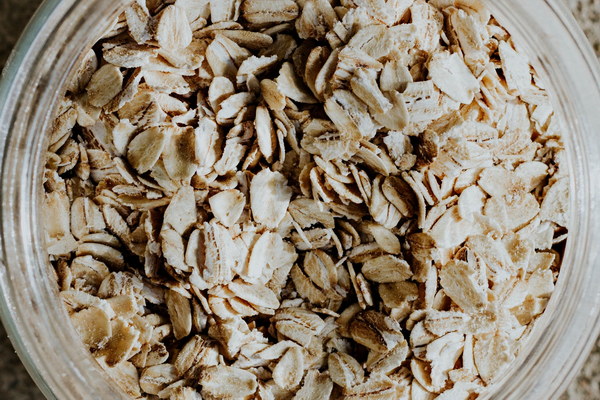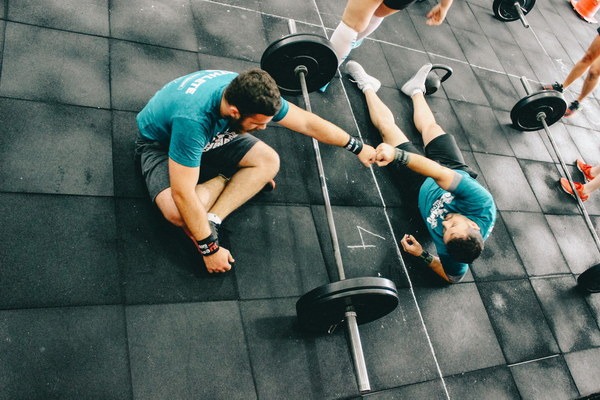The Great Protein Powder Debate Should Athletes Use It or Not
Introduction:
The use of protein powders has become increasingly popular among fitness enthusiasts and athletes alike. While some believe that these supplements can enhance muscle growth and recovery, others argue that they are unnecessary and potentially harmful. This article aims to explore both sides of the debate, providing a comprehensive overview of the pros and cons of using protein powders for fitness athletes.
The Benefits of Protein Powders:
1. Convenience: Protein powders offer a quick and convenient way to consume a high amount of protein, which is essential for muscle repair and growth. Athletes can easily mix them with water, milk, or their favorite smoothie ingredients, making it easier to meet their daily protein requirements.
2. Fast muscle recovery: After an intense workout, the body needs amino acids to repair and rebuild muscle fibers. Protein powders provide a readily available source of these amino acids, which can help reduce muscle soreness and promote faster recovery.

3. Increased protein intake: Many athletes struggle to consume enough protein through whole foods alone. Protein powders can help bridge this gap, ensuring that they meet their daily protein needs and support their fitness goals.
4. Enhanced muscle growth: Studies have shown that consuming protein powders, particularly those containing whey protein, can contribute to increased muscle mass and strength in athletes.
The Drawbacks of Protein Powders:
1. Overconsumption: Excessive protein intake can lead to kidney strain and other health issues. Athletes should be cautious not to overdo it with protein powders, as it's important to balance their overall diet and listen to their bodies.
2. Artificial ingredients: Some protein powders contain artificial sweeteners, flavors, and fillers, which can be harmful to the body. It's important to choose high-quality protein powders with minimal additives to maximize their benefits.
3. Cost: Protein powders can be expensive, and relying too heavily on them can impact an athlete's budget. While they can be a convenient option, it's essential to find a balance between supplementing with protein powders and incorporating whole food sources into the diet.
4. Dependency: Some athletes may become too reliant on protein powders, thinking that they can compensate for poor dietary choices. It's crucial to remember that whole foods should always be the foundation of an athlete's diet.
Conclusion:
The decision of whether or not to use protein powders as a fitness athlete depends on individual circumstances, preferences, and goals. While these supplements can offer numerous benefits, they should not replace a well-rounded diet. Athletes should consider their specific needs, research high-quality protein powders, and consult with a nutritionist or healthcare professional before incorporating them into their regimen. By doing so, they can ensure that they are maximizing their performance and overall health.









